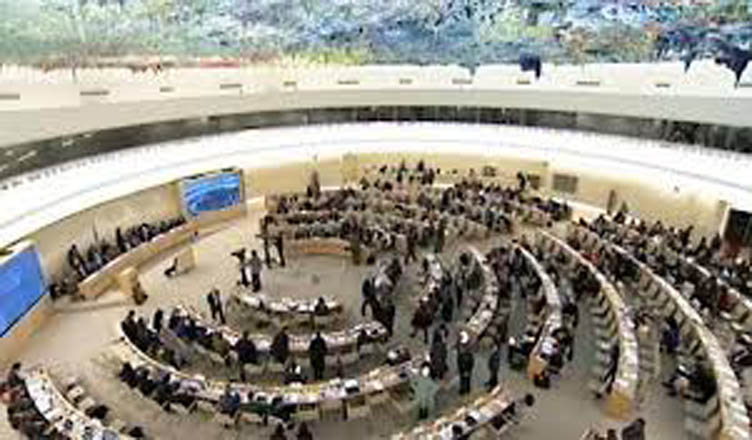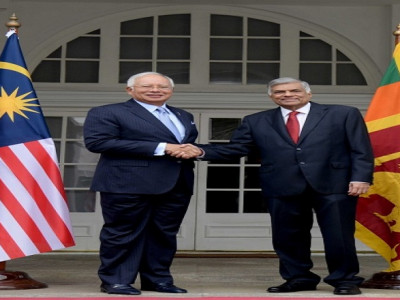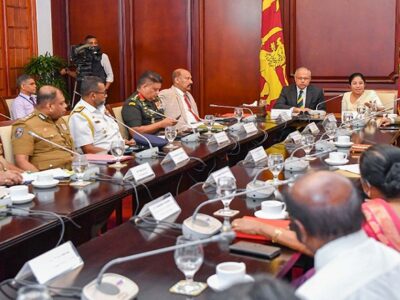(COLOMBO, LANKAPUVATH) –The Sri Lankan government should announce a time-bound plan to carry out its pledges to the United Nations Human Rights Council (UNHRC) since October 2015, Human Rights Watch (HRW) said on Tuesday (20).
At an interim update before the Council this week on progress towards fulfilment of its human rights commitments, UN member countries should press Sri Lanka to ensure justice and accountability for the tens of thousands of victims of the country’s brutal civil war, they added.
In October 2015, the Human Rights Council adopted Resolution 30/1 by consensus in which Sri Lanka pledged to set up four transitional justice mechanisms to promote “justice, reconciliation and human rights” in the country. These included an accountability mechanism involving international judges, prosecutors, and investigators; a truth and reconciliation mechanism; an office of missing persons; and an office for reparations. Thus far only the Office of Missing Persons (OMP) has been set up. The Council will discuss the high commissioner’s report this week.
Human Rights Watch welcomed the December action by the government to accede to the Optional Protocol to the Convention against Torture (OPCAT).
Creating the Office of Missing Persons, while a positive step, is just the latest body set up in Sri Lanka to look into enforced disappearances. Reports of prior government-established commissions, some of which have been made public in recent years, have not led to accountability.
Both sides to the conflict, which ended in May 2009 with a decisive government victory, committed serious human rights abuses and violations of international humanitarian law, including extrajudicial killings, deliberate and indiscriminate attacks against civilians, enforced disappearances, and torture. The government should publicly set out when this mechanism will be set up instead of hiding behind various politically expedient excuses, Human Rights Watch said.
Another key outstanding pledge, namely security sector reform including the repeal of the draconian Prevention of Terrorism Act (PTA), also remains unfulfilled. Sri Lanka has a long history of abuses by security forces, both during and after the civil war. The security forces have long used the PTA to detain suspects for years without charge, facilitating torture and other mistreatment. The government’s claims to be working on repealing and replacing the PTA with a rights-respecting law have yet to come to fruition.




